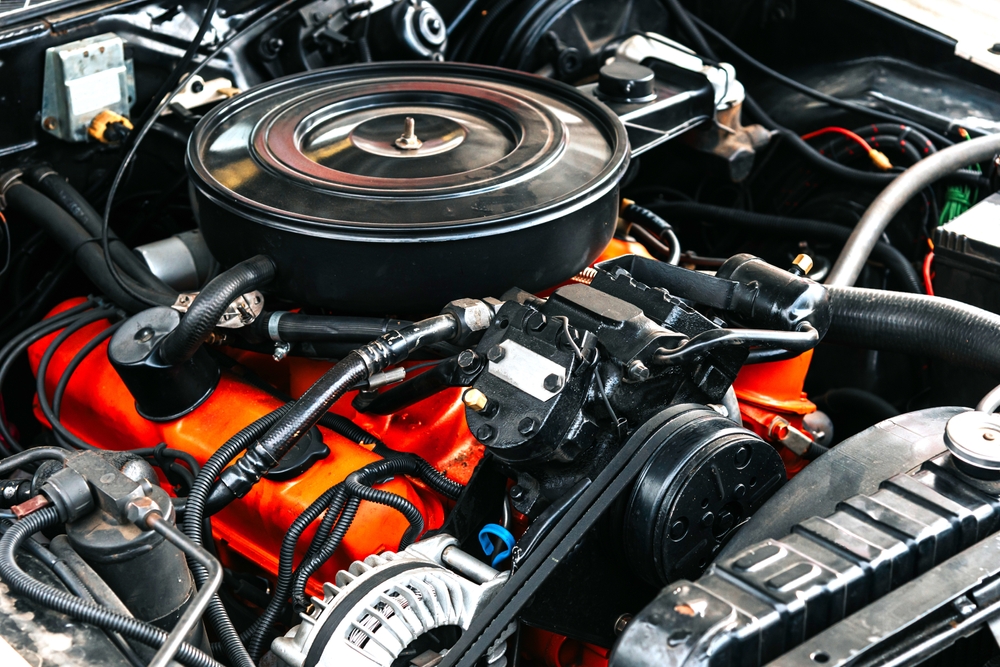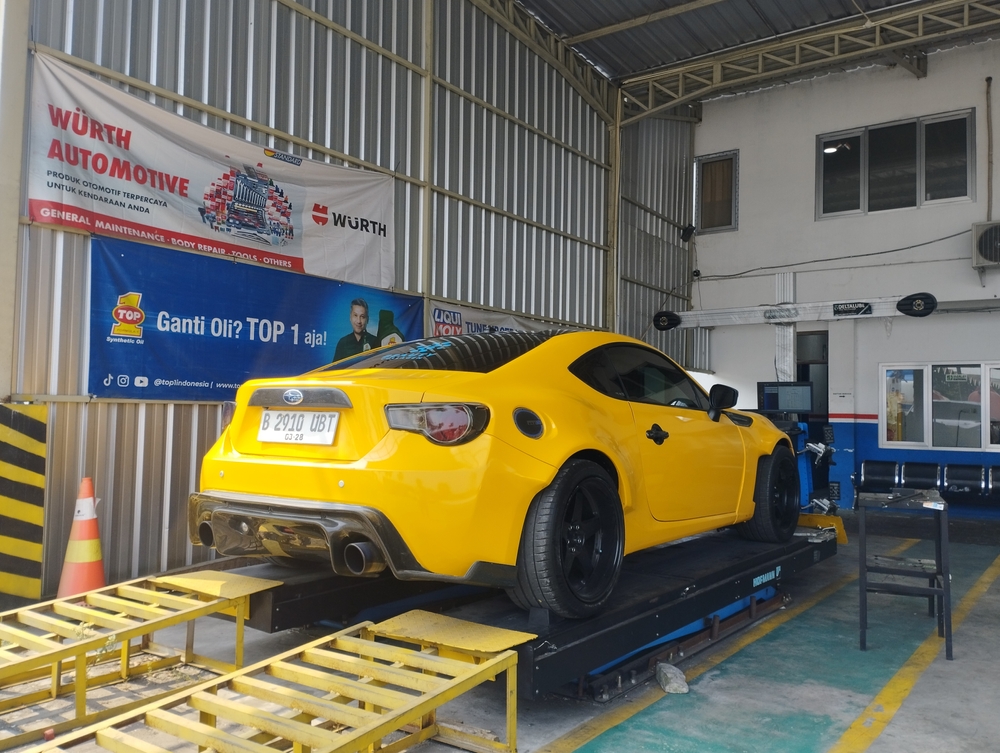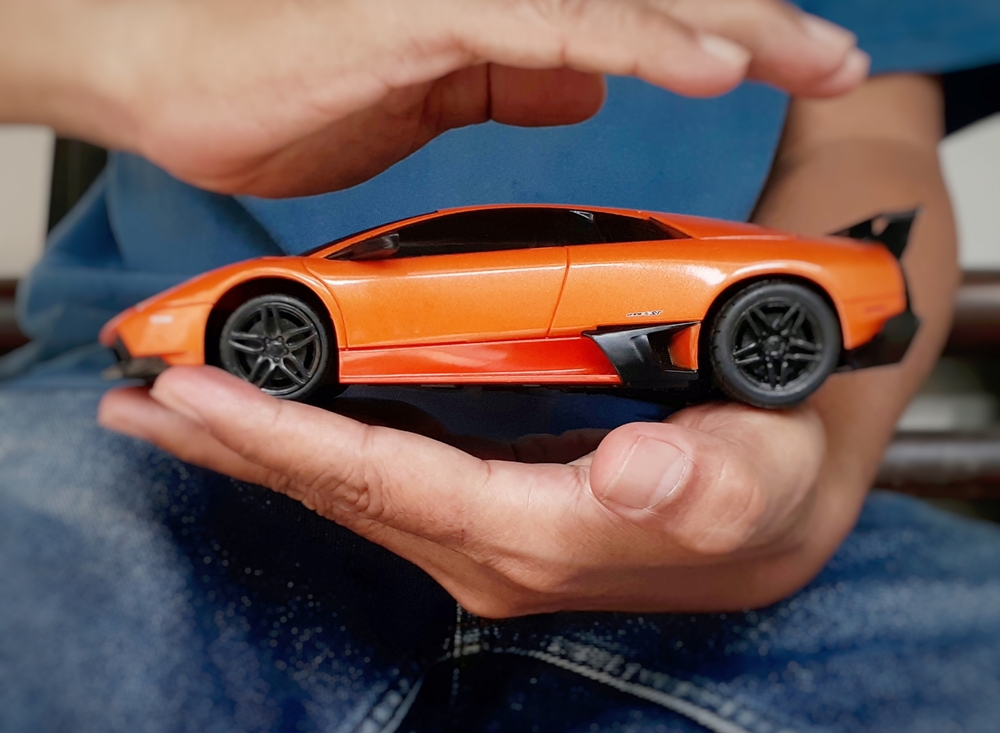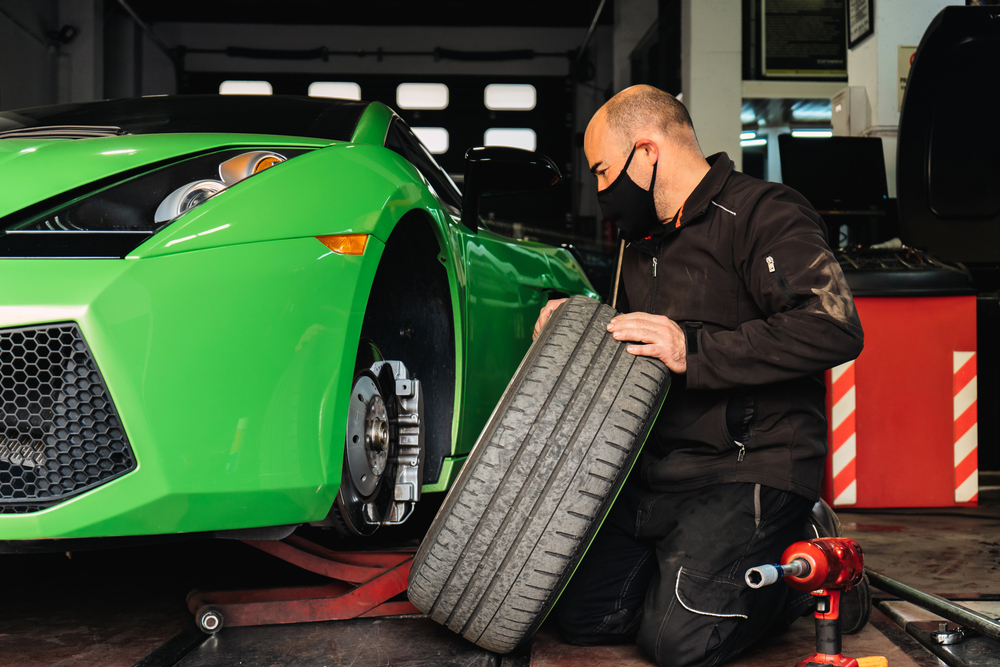Owning a high-performance sports car is a dream for many, but the reality of maintaining such a vehicle can quickly turn that dream into a complex and costly endeavor. These cars are marvels of engineering, built for speed, precision, and thrill, but with that comes a range of challenges that require careful consideration. From the financial strain of fuel efficiency and maintenance costs to the practical difficulties of limited storage and everyday usability, owning a sports car is not just about the exhilaration of driving – it’s about managing the responsibilities that come with it.
For enthusiasts, the allure of high-performance vehicles is undeniable, but it’s essential to recognize the practical implications of ownership. Beyond the initial purchase price, factors like mechanical complexity, security concerns, and the potential for rapid depreciation can impact the long-term enjoyment and value of the car. Understanding these challenges helps prospective owners make informed decisions, ensuring that the thrill of owning a sports car is balanced with the realities of maintaining it.
Contents
Fuel Efficiency

High-performance sports cars are notorious for their low fuel efficiency. These vehicles are designed to deliver power and speed, often requiring engines with larger displacements, turbocharging, or supercharging, which consume more fuel than standard engines. The thirst for fuel can quickly add up, making it a significant recurring cost. Additionally, high-octane fuel is often recommended or required, further increasing fuel expenses. For owners who intend to use their sports cars frequently, this factor alone can represent a substantial financial burden, emphasizing the need for careful budgeting and consideration of usage patterns.
Road Conditions

The performance capabilities of sports cars are often best realized on smooth, well-maintained roads. However, in everyday driving conditions, uneven surfaces, potholes, and debris can cause significant wear and tear. The low ground clearance and stiff suspension systems, which are essential for high-speed stability and handling, make these cars particularly susceptible to damage. Driving a sports car on less-than-ideal roads can lead to frequent repairs and maintenance, making it a challenging and costly endeavor to keep the car in top condition. Owners must factor in potential road conditions when planning their driving routes and maintenance schedules.
Mechanical Complexity

High-performance sports cars are engineering marvels, but their advanced technology and mechanical complexity can be a double-edged sword. The intricate systems, such as advanced aerodynamics, complex transmission setups, and high-performance engines, require specialized knowledge for maintenance and repairs. This means that not all mechanics can service these vehicles, often leading to higher costs for specialized technicians and parts. The complexity also increases the likelihood of mechanical issues, which can be time-consuming and expensive to resolve. Owners must be prepared for the potential challenges and costs of maintaining such sophisticated machinery.
Limited Practicality

While high-performance sports cars excel in speed and handling, they often fall short in practicality. These vehicles are typically designed with a focus on performance, meaning that comfort, cargo space, and seating capacity are often compromised. Limited trunk space, minimal rear seating, and a focus on driving dynamics rather than comfort can make these cars less suitable for daily use or long trips. This trade-off can be a significant consideration for owners who require more practicality in their vehicles, potentially necessitating the ownership of an additional, more practical vehicle for everyday needs.
Security Concerns

The allure of a high-performance sports car can make it a target for theft or vandalism. These vehicles often attract attention, both wanted and unwanted, and their high value can make them particularly appealing to criminals. Owners must invest in advanced security systems, secure storage options, and possibly even additional insurance coverage to protect their investments. The anxiety of potential theft or damage can detract from the enjoyment of owning such a vehicle, adding a layer of responsibility and cost to sports car ownership.
Resale Value

While high-performance sports cars can maintain their value better than some other vehicles, resale value can still be a significant concern. Factors such as mileage, condition, and market demand can greatly influence the resale price. The high cost of maintenance and the potential for depreciation due to wear and tear or newer models entering the market can make selling a sports car less financially rewarding than anticipated. Owners must carefully consider the long-term financial implications, including potential losses in resale value when investing in a high-performance vehicle.
Performance vs. Everyday Use

The exhilarating performance of sports cars comes with trade-offs in everyday usability. These cars are built for speed, with powerful engines, precise handling, and advanced aerodynamics designed for track-like conditions. However, in regular traffic or urban environments, the same features can become impractical or uncomfortable. The stiff suspension, aggressive throttle response, and high noise levels can make daily commuting less enjoyable and more tiring. Owners must weigh the thrill of performance against the realities of everyday driving, considering whether the car’s strengths align with their typical driving needs.
Maintenance Costs

High-performance sports cars often require more frequent and specialized maintenance compared to standard vehicles. The use of high-quality materials, advanced engineering, and specialized parts means that regular maintenance, such as oil changes, brake replacements, and tire rotations, can be significantly more expensive. Additionally, these cars may require more frequent servicing due to the higher stress placed on components during high-speed driving. The cumulative cost of maintenance over time can add up, making it a crucial factor for prospective owners to consider when budgeting for their dream car.
Insurance Premiums

The cost of insuring a high-performance sports car can be substantially higher than that of a standard vehicle. Insurance companies factor in the increased risk associated with the car’s high speed, higher repair costs, and the potential for theft or accidents. Premiums can vary based on the car’s make, model, age, and the owner’s driving history, but they are generally much higher than average. Prospective owners should obtain insurance quotes before purchasing to ensure they can afford the ongoing costs associated with insuring their vehicle.
Tire Wear and Replacement

The tires on high-performance sports cars are engineered for maximum grip and handling, often at the expense of longevity. The specialized rubber compounds and tread designs provide exceptional performance on the road or track, but they tend to wear out faster than standard tires. The frequent need for tire replacements can be a costly aspect of ownership, particularly if the car is driven aggressively or regularly. Additionally, high-performance tires are typically more expensive, adding another layer of cost to maintaining the vehicle.
This article originally appeared on MyCarMakesNoise.
More from MyCarMakesNoise
13 Summer Maintenance Tips for Your RV

As the summer sun beckons families and adventurers alike to hit the open road, ensuring your recreational vehicle is in top shape is crucial. Summer brings with it the promise of unforgettable road trips and outdoor fun, but the high temperatures and extended use can take a toll on your RV. Read More.
12 Overlooked Minivans Perfect for Families

When it comes to family vehicles, minivans often lead the pack with their unbeatable combination of space, comfort, and utility. Yet, amidst the popularity of SUVs and crossovers, some exceptional minivans tend to fly under the radar, deserving more recognition than they typically receive. Read More.
10 Common Boat Handling Mistakes to Avoid

Boating is both an art and a science, requiring a passion for open water and a deep respect for the intricacies of boat handling. Even the most experienced mariners can make simple mistakes that lead to serious consequences. Read More.














